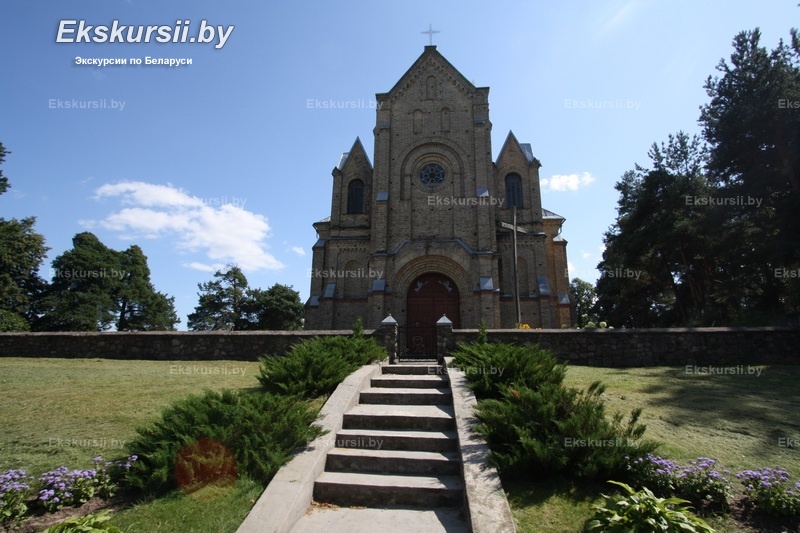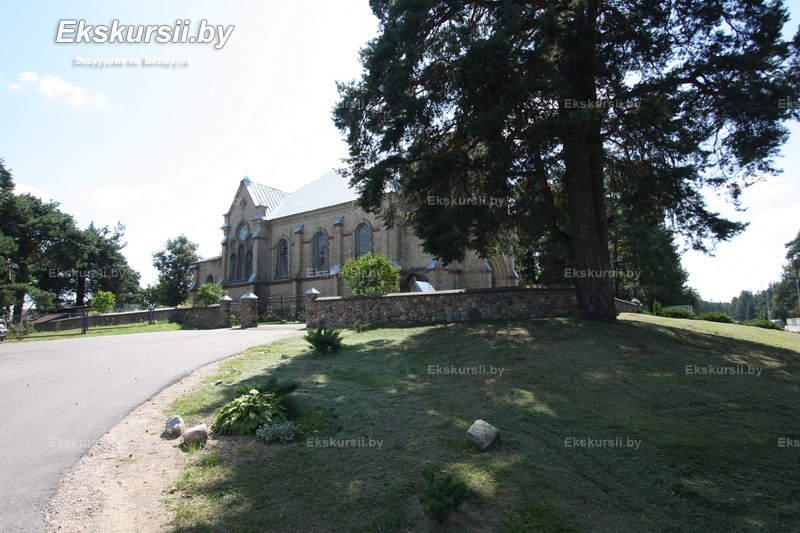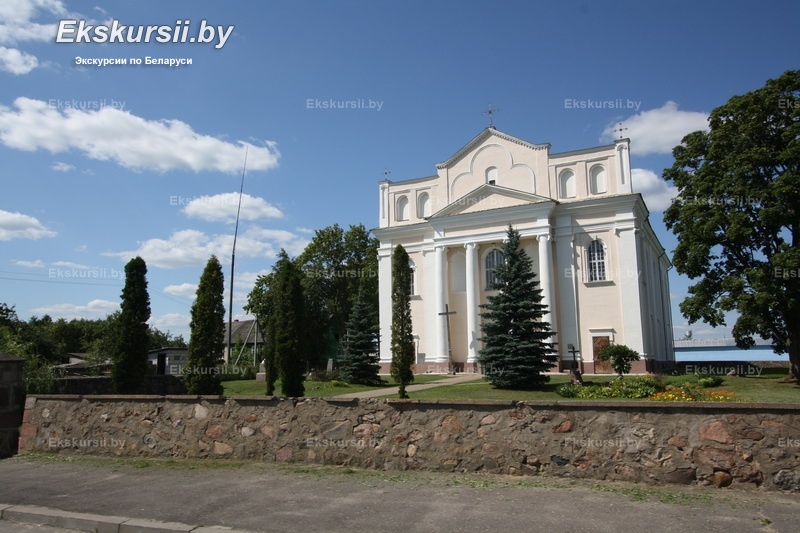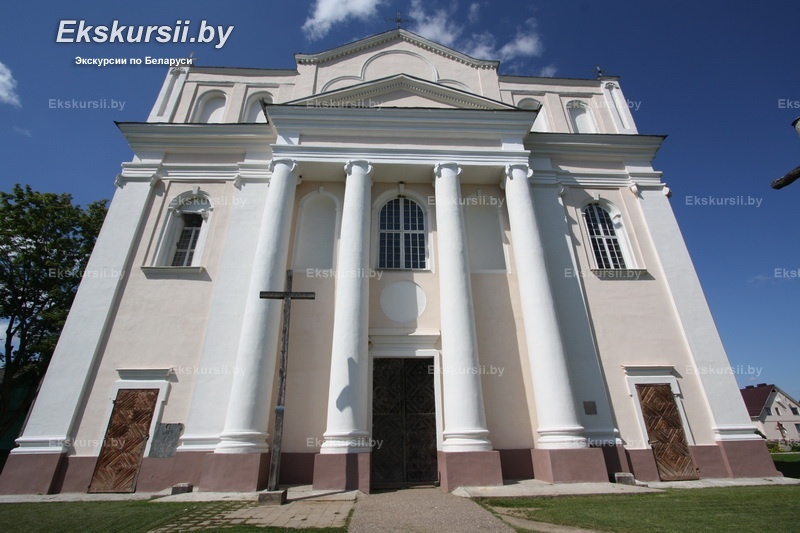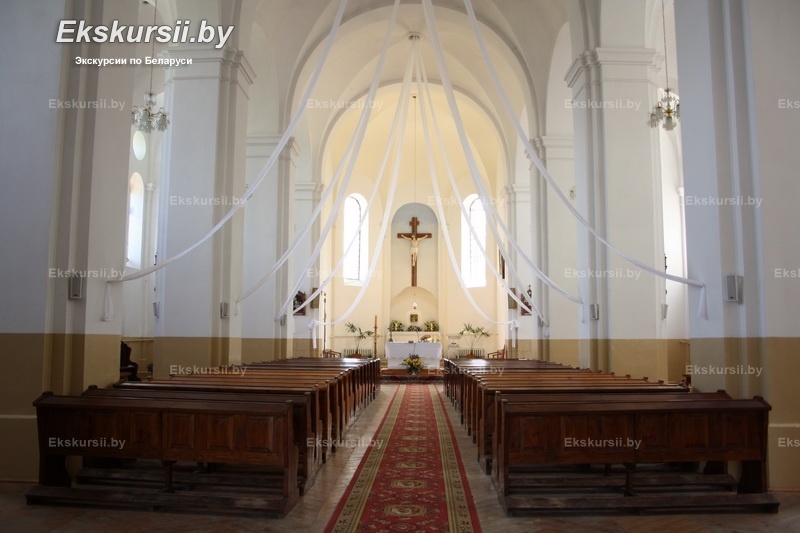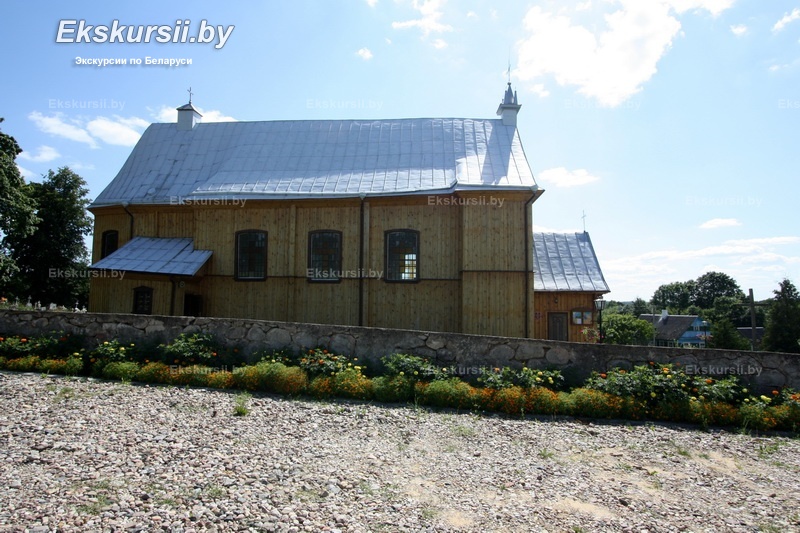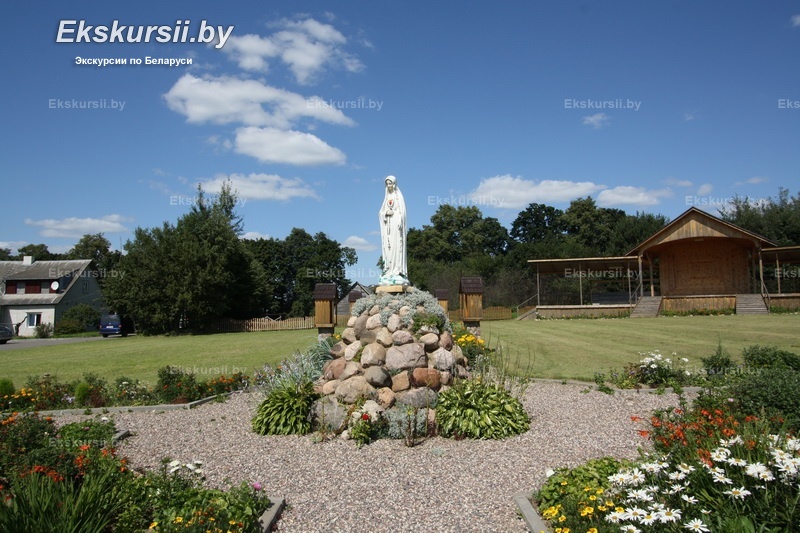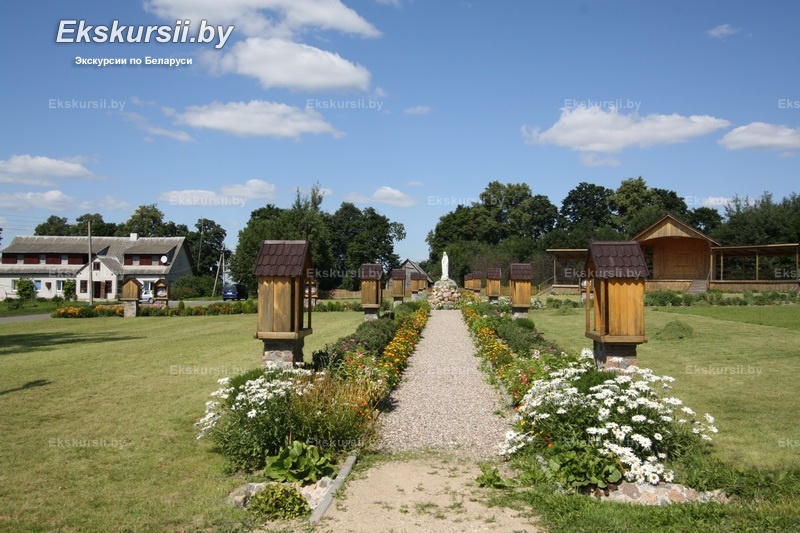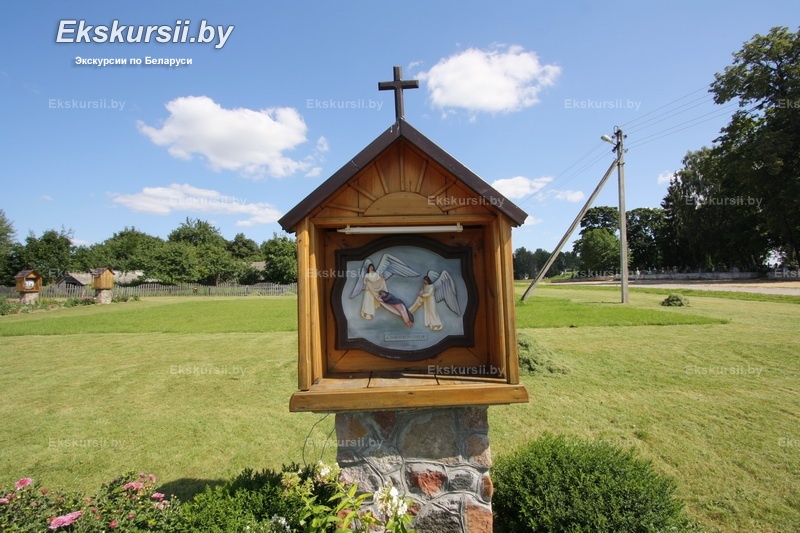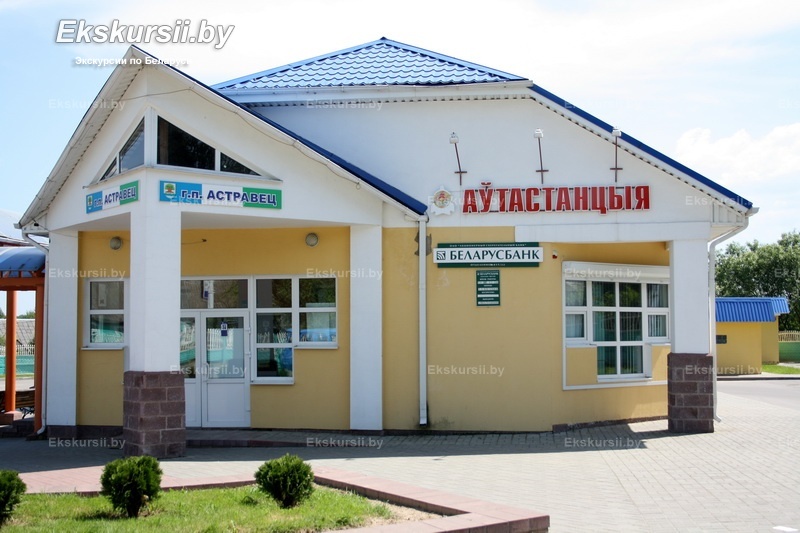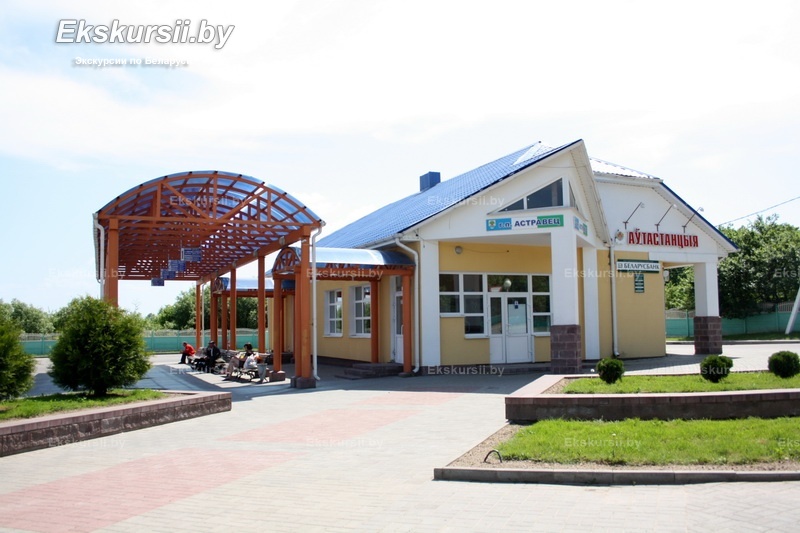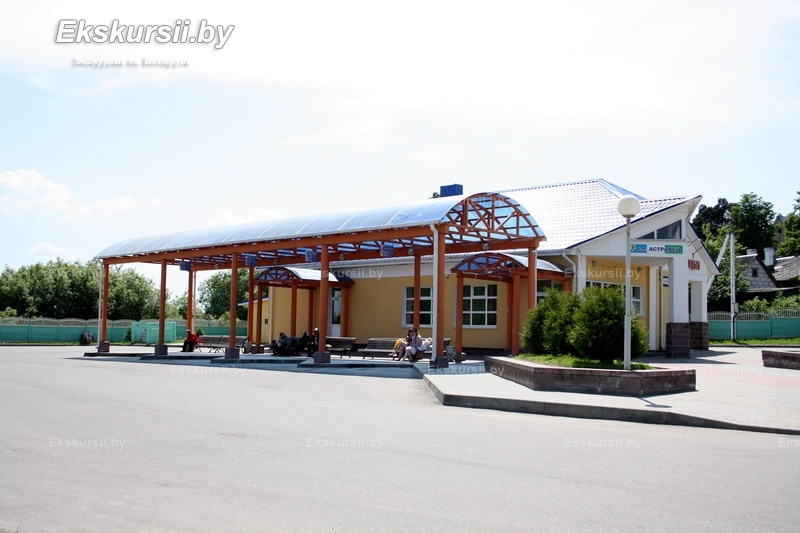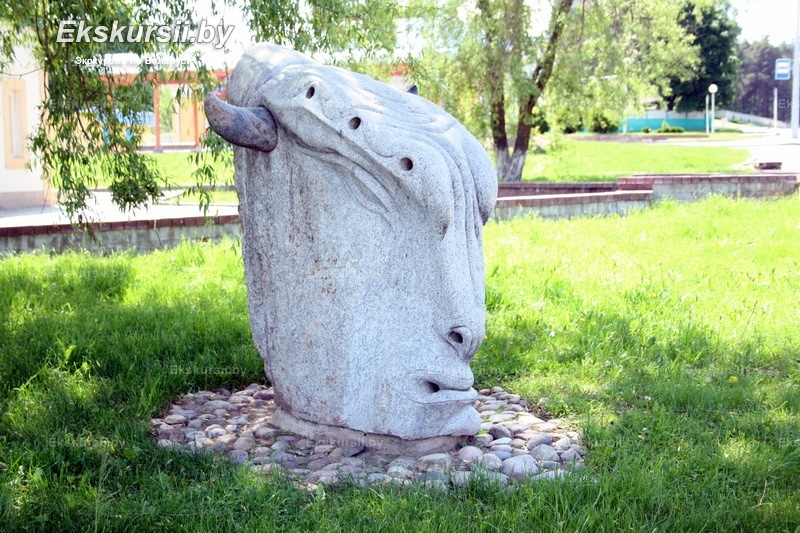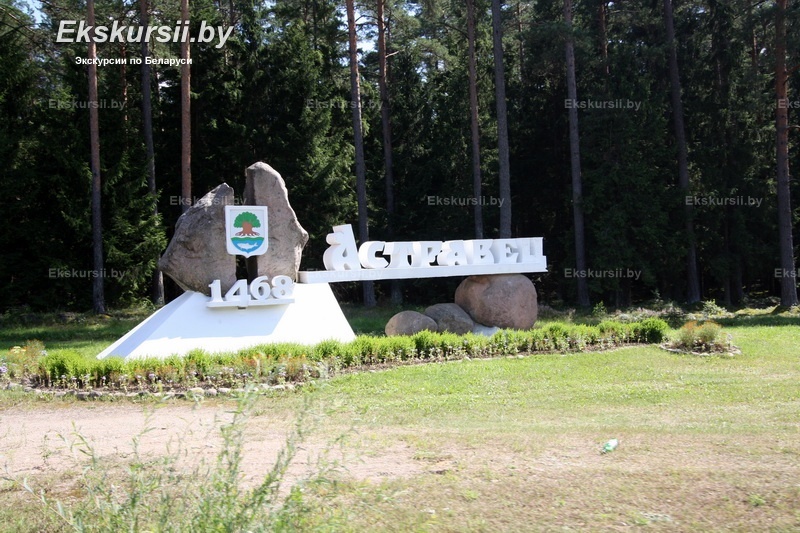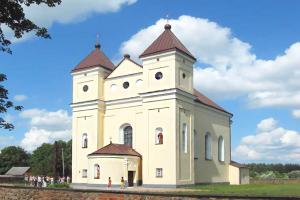History of the development
The first written mention of Ostrovets dates back to 1468 and is associated with the name of Kiev voivode Martin Gashtold, who founded a church and a Dominican monastery in the town. In 1542, after the death of the last representative of the Gashtold family, Stanislav Ostrovets, he passed to the Grand Duke of Lithuania, Sigismund I and then to his son, Sigismund Augustus. The latter donated the estate to Jerome Karitsky in 1546. Since then, Ostrovets has managed to change many hosts. The name of the city comes from the fortified island located on the banks of the river Losha. It was from this place that the development of the city began.
In 1600, Ostrovets with all its farms and villages for 185 years became the property of one of the oldest families of the Grand Duchy of Lithuania is Korsakov. In 1794, Ostrovets became the center of the national-liberation uprising of Tadeusz Kosciuszko. From the middle of May until June 26, 1796, the place was ruled by the rebels. As a result of the third section of the Polish-Lithuanian Commonwealth in 1795, Ostrovets became part of the Russian Empire. The city received a big impetus to development in 1872 in connection with the construction of the Minsk-Gudogai-Vilnia railway.
During the First World War in the period from 1915 to 1918 Ostrovets was occupied by German troops, and in 1919-1920 by Polish troops. According to the results of the Riga Peace Treaty of 1921, Ostrovets went to Poland as part of which he stayed until 1939. From 1939 - as part of the BSSR. Ostrovets was occupied by the German fascist invaders on June 27, 1941 of the Great Patriotic War. During the war, a Jewish ghetto operated in the district. From the Nazis Ostrovets was liberated by the partisan brigade. Central Committee KP (b) B July 3, 1944 The guerrillas held the city until the approach of the Red Army, which on July 6, 1944 finally defeated the German troops.
After the war, the city was actively recovering a sawmill, a cardboard mill, a medical school were opened. The next stage of development of Ostrovets began after the signing of the presidential decree on the construction of the first nuclear power plant in Belarus next to the city. In connection with the construction of the power plant, hundreds of additional square meters of housing were built in Ostrovets, urban infrastructure was updated and new jobs were created. Significantly increased the population of the city, which is projected to be doubled after the commissioning of nuclear power plants.
Tourism potential
Several architectural monuments has been saved in Ostrovets. Among them - church of Cosmas and Domian, built in 1785-1787 on the site of an ancient Dominican church and monastery. In the XIX century after reconstruction, the temple acquired the features of neoclassicism and was consecrated the Orthodox Church. The Second Ostrovets Church of the Finding of the Holy Cross was built in 1910-1911 in neo-roman style with neo-gothic features.
Interest for tourists visiting the city is the Center for Crafts is an original cultural center for the revival, preservation and dissemination of traditional crafts, where not only lost technologies are revived, but also new types and genres of applied, artistic creativity are created. The center presents such traditional types of crafts as straw weaving, applique, straw inlay, painting on wood and glass, traditional Belarusian embroidery, carpentry, batik (painting on fabric), decoupage. The center of crafts takes an active part in festivals-fairs of folk crafts and handicrafts in regional and republican events.
Today Ostrovets is an industrial and rapidly developing city.
